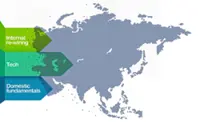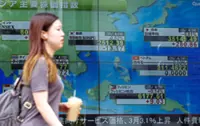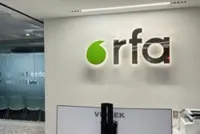Plastic in the sea and “ghost nets” that endanger marine life are causing a headache in the tropical Maldivian paradise. At the same time, disposing of marine debris in remote island states is no easy task.
Now, hotels are coming up with new ways of protecting the environment and are even turning the debris into something beautiful and creative. Take the Sirru Fen Fushi resort on the Shaviyani Atoll, around 230km north of the main island of Male.





